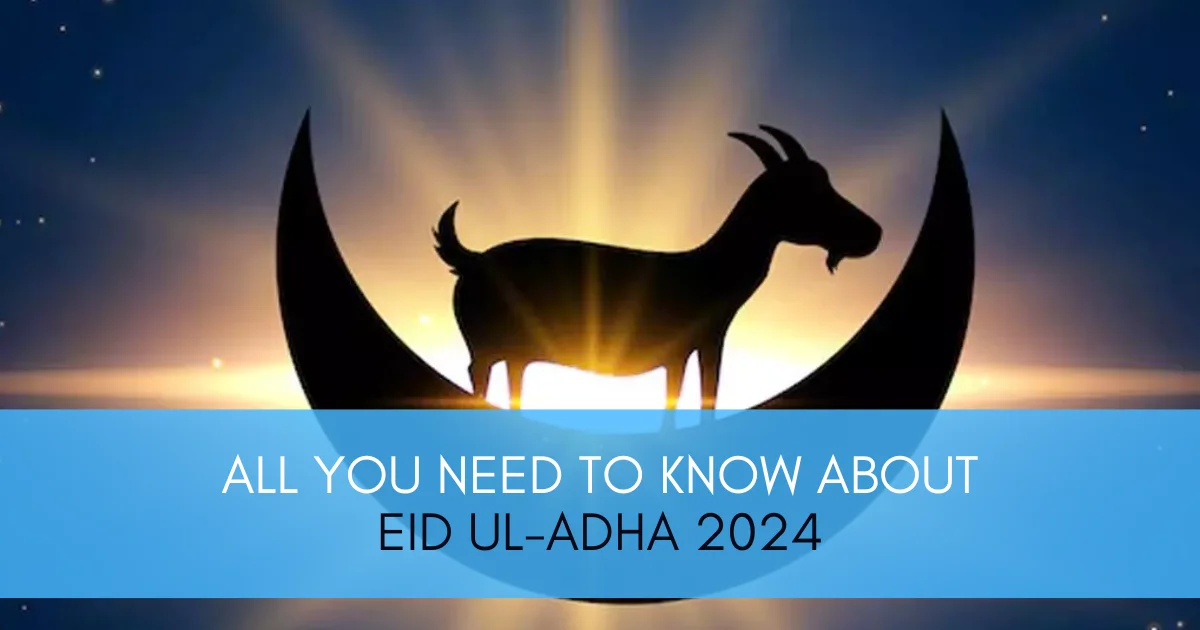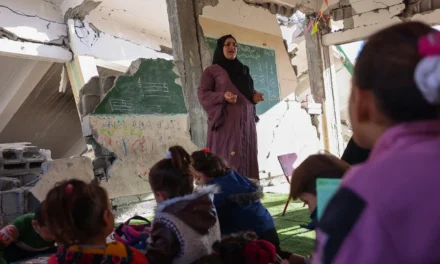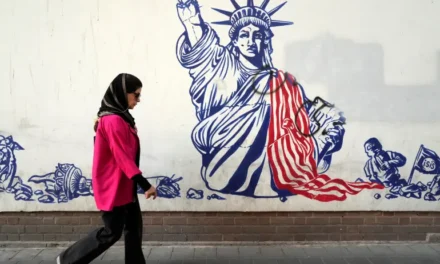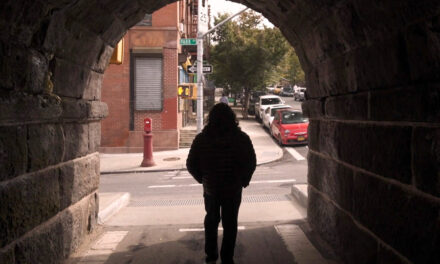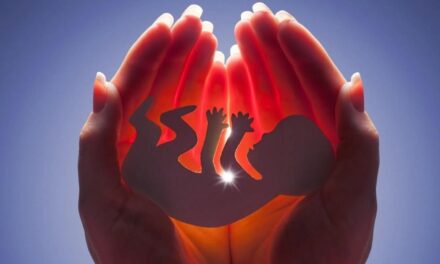Eid-ul-Adha is an auspicious festival for the Muslim community as it commemorates the Prophets Ibrahim and Ismail (peace be upon them), especially their sacrifice and obedience to God. Every year, the Muslims of the world celebrate this religious eve with spiritual fervor and zeal. The philosophy and the roots of this event go back centuries ago. Islam as a religion of peace and harmony prevails Muslim brotherhood, a sense of sacrifice, steadfastness, resilience and endurance through this holy festival. As commemorating the traditional event in Islam, Muslims are ready to celebrate Eid-ul-Adha 2024 with profound religious significance. The Muslims sacrifice certain kinds of livestock, typically goats, sheep and cows at this festival. All the above, the purpose of fresh meat distribution among the poor is to develop a sense of inclusion, sharing and mutual celebration. This comprehensive guide aims to provide detailed information about Eid-ul-Adha 2024, encompassing origin, significance, rituals and contemporary celebration preparations.
An Aerial View of Origin
Eid ul-Adha commemorates the selfless act of obedience of Prophet Ibrahim (Abraham) to sacrifice his son Isma’il (Ishmael) for the will of God. As Islamic history reflects that Ibrahim prepared to sacrifice his beloved son Isma’il, God all of sudden intervened and provided a ram as a substitute for Ismail’s sacrifice. This Islamic event symbolizes ultimate submission and devotion to God.
Religious Prominence of Eid-ul-Adha
Eid ul-Adha event falls on the 10th day of Dhu al-Hijjah. It is the 12th month of the Islamic lunar calendar. It marks the completion of Hajj, the annual Islamic pilgrimage to the holy city of Mecca. For all Muslims, Hajj is required to undertake at least once in their lifetime based on their physical and financial capacity. The pilgrimage retraces the footsteps of Prophet Ibrahim and his devoted family, underscoring glorious themes of sacrifice, equality, brotherhood and unity.
When is Eid-ul-Adha 2024?
The Eid al-Adha 2024 date is determined by the Islamic calendar. So, it varies each year. However, according to Islam, Eid al-Adha falls on the 10th day of Dhu al-Hijjah—the 12 and the last month of the Islamic calendar. It lasts for almost four days. When it comes to the exact date of the Eid-ul-Adha, it can be difficult to know the exact date.
Every year the dates shift around 10-11 days earlier in the international (Gregorian) calendar. In 2024, the approximate date of Eid al-Adha will be between June 16th, 2024 and June 17th. It will last several days after as Muslims sacrifice animals on the first, second and third day of Eid. The celebrations of Eid-ul-Adha are full of religious warmth and eagerness. From East, and North to West of the globe, Muslims celebrate this religious festival following their culture and geographical traditions.
Eid-ul-Adha Rituals and Observances
The Muslims celebrate this auspicious festival by observing Islamic rituals and practicing the concept of Eid-ul-Adha to convey a message of unity, faith and sacrifice. It is above sacrificing millions of livestock and eating fresh meat. The roots of the event scream the glory and modesty of Islam as a religion. Take a look at the details of the celebrations to understand the basics of this event.
- Eid Day Prayer: On Eid ul-Adha morning, all the Muslims gather in the mosques of their nearby areas or open spaces to perform the Eid prayer. It is known as Salat al-Eid. This congregational prayer consists of two rakats (units). It also includes some additional Takbirs (repeat declarations of Allah’s greatness and might). Moving out to mosques to offer Eid prayer at the announced time fosters a sense of devotion to Allah’s command and humility. After Eid prayers, Muslims exchange warm and heartfelt greetings of ‘Eid Mubarak’.
- Sacrificial Offering: The most important and central ritual of Eid ul-Adha is about the sacrifice (Qurbani) of livestock. It is typically a sheep, goat, cow, or camel as per convenience. This act of animal sacrifice symbolizes Prophet Ibrahim’s willingness to sacrifice his beloved son. It demonstrates the compulsion of Muslims’ readiness to accept God’s command without asking any logic or reason. The meat is divided into three equal parts. One-third for the family, one-third for relatives and friends, and exactly one-third for the less fortunate.
- Distribution of Charity: Eid ul-Adha is about sharing and distributing happiness with each other. It emphasizes the importance of generosity, charity and compassion towards the impoverished people of the society. All Muslims are encouraged to donate generously to those in need or lesser than you, especially during this auspicious occasion. The soul of this charity distribution among vulnerable communities is to enhance social interactions to eliminate the social gaps from different strata of society. It promotes the gesture of goodwill and unity among Muslims.
- Festive Meals: Eid ul-Adha is an ‘Eid of Sacrifice’. It’s a time for great communal gatherings filled with joy and festive meals with family and friends. People cook special dishes and invite neighbors and relatives to share moments of zeal. These amazing feats involve traditional dishes and other tempting delicacies. It enriches the bond of community and kinship. Other than mouth-watering meals, Muslims share gifts as a gesture of love, compassion and generosity.
Eid Celebrations on a Global Level
Eid ul-Adha is not only celebrated with great fervor and enthusiasm on a national level but across the world. It unites Muslims of diverse languages, cultures and backgrounds in a shared expression of faith, brotherhood and devotion. The spirit of Eid festivities transcend from bustling cities to remote villages beyond the geographical boundaries.
The large Muslim populated countries, such as Pakistan, Indonesia, Bangladesh, and Egypt, Eid ul-Adha is declared as a national holiday. It is filled with grand festivities, prayers, communal gatherings, and awe-inspiring cultural displays. The Streets, roads, shops and homes are adorned with colorful festive decorations. All the markets and malls bustle with exciting activities from new clothes, gifts and decorations to make this event memorable.
When it comes to Western countries, Muslims begin Eid ul-Adha celebrations with prayers at mosques, community interactions, and family-oriented celebrations. Local Muslim areas arrange special events, including charity programs, communal meals, and more with the support of Islamic centers and organizations. It promotes a sense of unity and cohesion among them.
This article covers a comprehensive guide about Eid-ul-Adha’s significance in Islam, the time of celebration and the anticipated date of the occasion in 2024. Let’s rejuvenate the faith and embody the values of compassion and unity that lie at the core of Islam.
